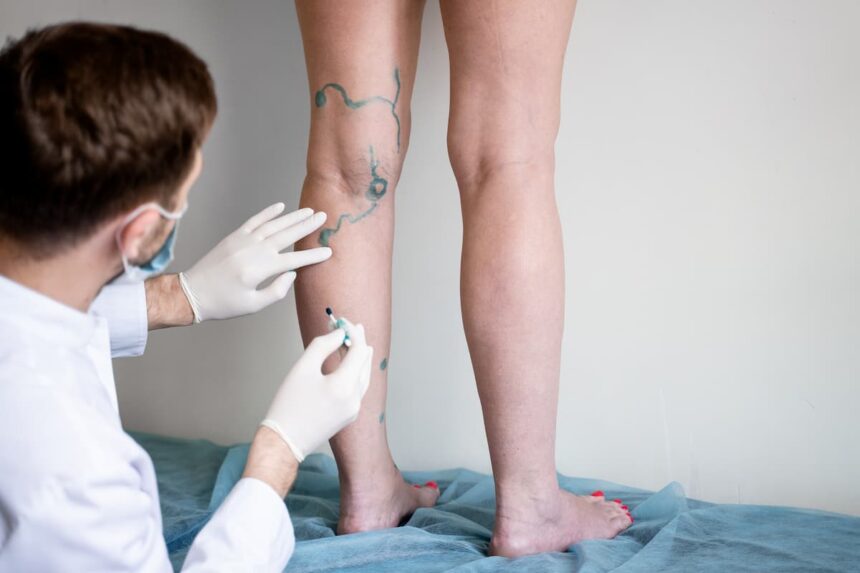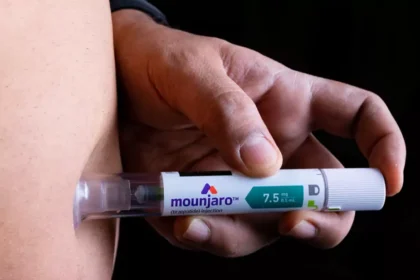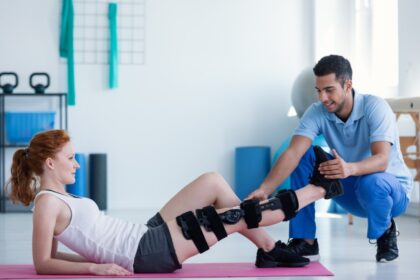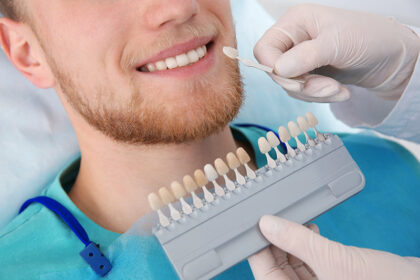Finding a vein clinic that meets your needs requires understanding what separates a high-quality facility from others. From the technology used to the services provided, several factors make one clinic stand out in this specialized field. Different clinics may offer varying levels of care and expertise, but specific attributes can help you identify a clinic that prioritizes patient needs and advanced treatment options.
What Range of Services Is Offered?
The services available at a vein clinic often indicate how well-rounded the facility is in addressing patient needs. A diverse list of options reflects a clinic’s ability to effectively handle various vein conditions. Common services include:
- Sclerotherapy: A non-surgical procedure in which a solution is injected into small or medium-sized veins, causing them to close and fade over time.
- Endovenous laser therapy (EVLT): Targets larger varicose veins using minimal incisions and advanced laser technology to seal them off internally.
- Compression therapy: Non-invasive treatment using specially designed garments to improve blood flow and alleviate symptoms like swelling or discomfort.
- Varicose vein surgery: When non-invasive treatments don’t suffice, surgical options, including vein stripping, may be available.
The wide variety of services provides patients with access to treatments tailored to their specific conditions and preferences.
What Technology Improves Vein Treatments?
Advanced technology plays a significant role in modern vein care. A quality vein clinic uses tools designed to optimize precision, comfort, and treatment outcomes. Below are some technologies that improve vein treatments:
- Ultrasound imaging: Enables accurate diagnosis by providing detailed images of veins. Healthcare professionals can pinpoint issues efficiently, making treatments more targeted.
- Laser systems: These non-invasive tools can treat varicose and spider veins by delivering focused energy. They reduce recovery time compared to traditional surgeries.
- Radiofrequency ablation devices: Use heat to close problematic veins, offering an alternative to surgical options. This method is both effective and minimally invasive.
- VenaSeal adhesive system: A medical adhesive used to close veins. This cutting-edge option minimizes discomfort and eliminates the need for compression stockings post-treatment.
Clinics investing in these tools signal a commitment to providing care shaped by the most recent advancements in the field.
How Are Treatments Customized for Patients?
Every patient’s vein condition is unique. Clinics that take the time to evaluate individual needs stand apart. Personalization often begins with a detailed consultation, during which medical history, symptoms, and lifestyle factors are thoroughly reviewed. Using this information, clinics design plans that align with both medical requirements and patient preferences.
A focus on patient education also supports customization. Quality vein clinics help individuals understand their options, outlining the advantages and expected outcomes of each procedure. Open communication enables patients to make informed decisions about their care.
Post-treatment follow-up is another way clinics showcase patient-centered care. Individual recovery plans not only promote healing but also aim to prevent future vein issues. This level of attention confirms that treatments address long-term goals and short-term relief.
Visit a Vein Clinic Today
Whether you’re managing vein health for the first time or searching for an upgrade in care, visiting a quality vein clinic can make a difference. Facilities with advanced technology, comprehensive services, and tailored treatment approaches provide the tools and guidance you need to feel confident in your care decisions. Schedule a consultation today to explore your options and take the first step toward better vein health.









